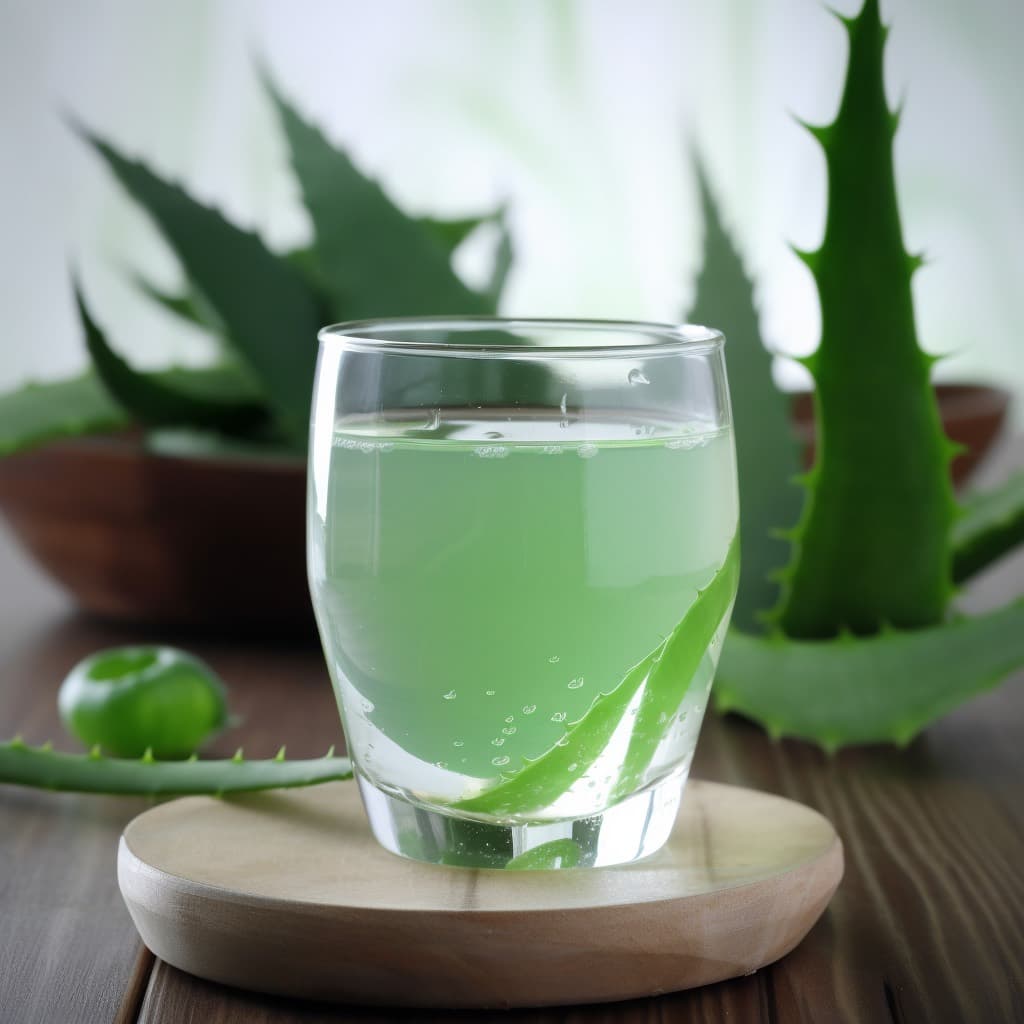Beet juice has gained significant popularity as a health drink in recent years. People have been increasingly intrigued by its vibrant color and numerous health claims. In this article, we will delve into the various health benefits associated with consuming beet juice and explore why it has become a go-to choice for many health-conscious individuals.
Nutritional Composition of Beet Juice
Before diving into its health benefits, let's take a closer look at the nutritional composition of beet juice. This ruby-red beverage is packed with essential vitamins, minerals, and antioxidants that contribute to overall well-being. It is an excellent source of vitamin C, folate, and potassium, along with other beneficial compounds like betalains, which give beets their vibrant color.
Boosts Cardiovascular Health
One of the most well-known benefits of beet juice is its positive impact on cardiovascular health. Beet juice is rich in nitrates, which are converted to nitric oxide in the body. Nitric oxide helps relax and widen blood vessels, leading to improved blood flow and reduced blood pressure.
Studies have shown that regularly consuming beet juice can have a significant impact on cardiovascular health. It may help lower blood pressure, enhance endothelial function, and reduce the risk of heart disease and stroke.
Supports Liver Detoxification
Another compelling benefit of beet juice is its ability to support liver detoxification. The liver is responsible for filtering and eliminating toxins from the body. Beet juice contains a compound called betaine, which stimulates liver function and promotes the removal of waste products.
Incorporating beet juice into your diet may aid in liver detoxification, preventing the accumulation of harmful substances and optimizing liver health.
Enhances Athletic Performance
Athletes and fitness enthusiasts are turning to beet juice as a natural and effective way to boost their performance. The nitrates present in beet juice have been found to improve endurance and increase oxygen delivery to muscles.
Several studies have demonstrated that beet juice supplementation can enhance athletic performance. It may delay fatigue, improve exercise efficiency, and promote better overall performance. Including beet juice as part of a pre-workout routine can provide that extra edge during physical activities.
Promotes Digestive Health
If you're looking to improve your digestive health, beet juice might be worth considering. It is an excellent source of dietary fiber, which plays a crucial role in maintaining a healthy digestive system. Fiber helps regulate bowel movements, prevent constipation, and promote a healthy gut.
Regular consumption of beet juice can support digestive health, ensuring optimal nutrient absorption and promoting a balanced gut microbiome.
Supports Brain Health
Beet juice isn't just great for the body; it's also beneficial for the brain. The nitrates found in beet juice may have cognitive benefits by improving blood flow to the brain. Increased blood flow enhances cognitive function and may reduce the risk of age-related cognitive decline.
Promising studies have shown that beet juice consumption can have positive effects on memory, attention, and cognitive performance. Adding beet juice to your daily routine may be a delicious way to support your brain health.
Potential Anti-Cancer Properties
While more research is needed in this area, studies have suggested that beet juice possesses unique compounds with potential anti-cancer properties. These compounds, such as betalains and other antioxidants, exhibit strong antioxidant and anti-inflammatory effects.
Preliminary findings have indicated that beet juice consumption may lower the risk of certain types of cancer, including colon cancer. However, it is essential to note that beet juice should not replace conventional cancer treatments, and further research is required to fully understand its role in cancer prevention.
Conclusion
In conclusion, beet juice offers a wide array of potential health benefits. From promoting cardiovascular health and supporting liver detoxification to enhancing athletic performance, improving digestion, and supporting brain health, its nutritional composition makes it a valuable addition to any healthy lifestyle.
Incorporating beet juice into your diet can be as simple as enjoying a refreshing glass of straight beet juice or blending it into smoothies or juices with complementary flavors.
Remember, it's always advisable to consult with a healthcare professional before making any significant changes to your diet or if you have any specific health concerns.
FAQs (Frequently Asked Questions)
Is there a recommended amount of beet juice to consume for optimal health benefits?
While there is no specific recommended amount, studies have shown positive effects with daily consumption of about 250-500 ml (8-16 ounces) of beet juice. However, it's best to start with smaller quantities and gradually increase as per individual tolerance.
Can beet juice cause any side effects?
In general, beet juice is safe for consumption. However, due to its high nitrate content, excessive intake may cause temporary side effects like stomach discomfort or a reddish tinge in urine or stool. People with kidney disease or those taking medications that interact with nitrates should consult a doctor before consuming beet juice.
Can I drink beet juice if I have diabetes?
While beet juice is generally safe for individuals with diabetes, it is important to monitor blood sugar levels. Beet juice does contain natural sugars, so moderation is key. Consult with a healthcare professional to determine suitable portions and incorporate it as part of a well-balanced diet.
Can I reap the same benefits from eating whole beets instead of consuming beet juice?
While both whole beets and beet juice offer health benefits, the concentration of nutrients is higher in beet juice due to its extraction process. However, consuming whole beets can still provide similar advantages, including dietary fiber content.
Are there any alternatives for people who don't enjoy the taste of beet juice?
If you don't enjoy the taste of beet juice, you can try incorporating it into smoothies, combining it with other fruits or vegetables, or even mixing it with other juices to mask the flavor. Alternatively, consuming whole beets or beetroot powder may be suitable alternatives to obtain similar benefits.
Remember, individual responses to beet juice may vary, so it's best to listen to your body and consult a healthcare professional for personalized advice.




